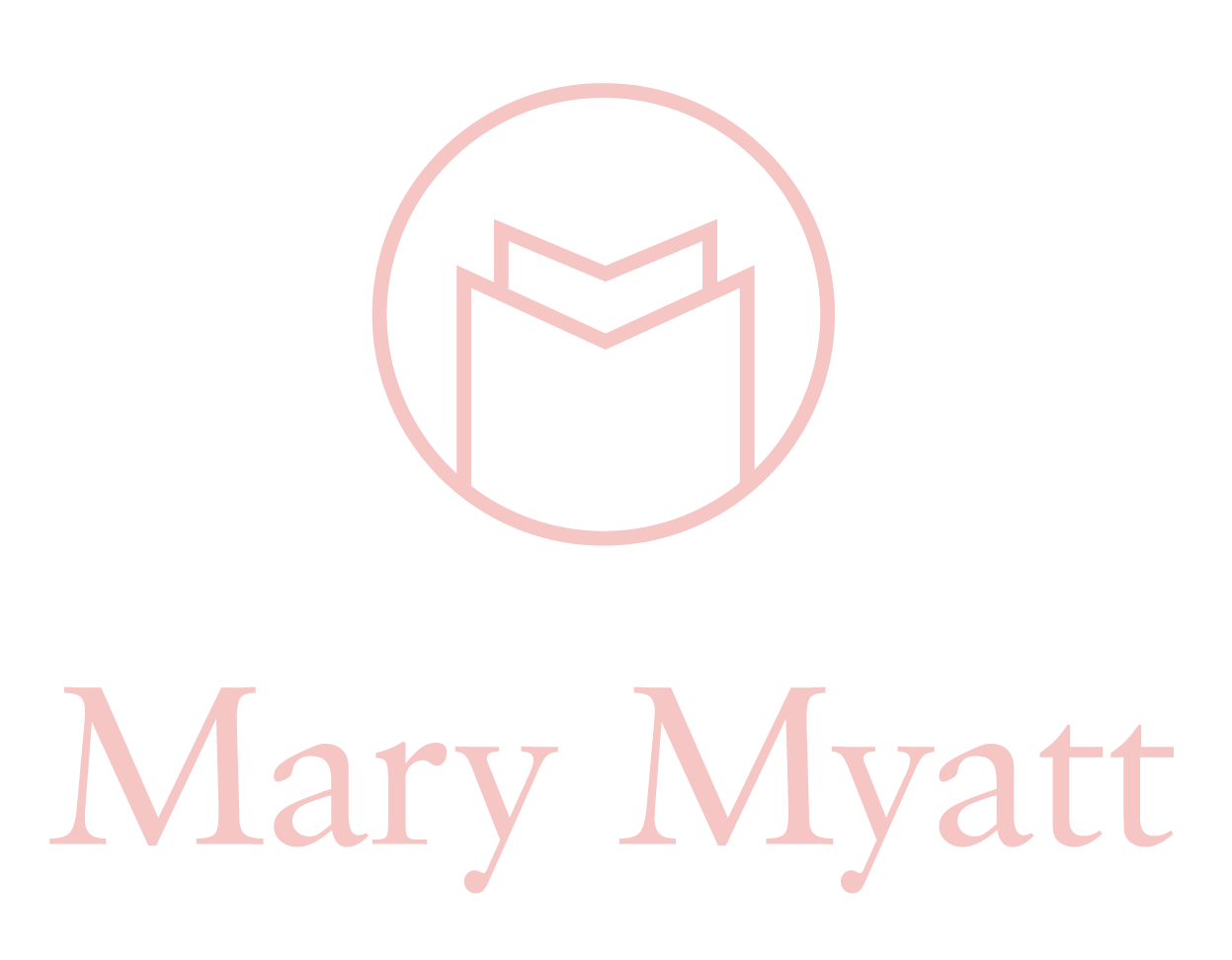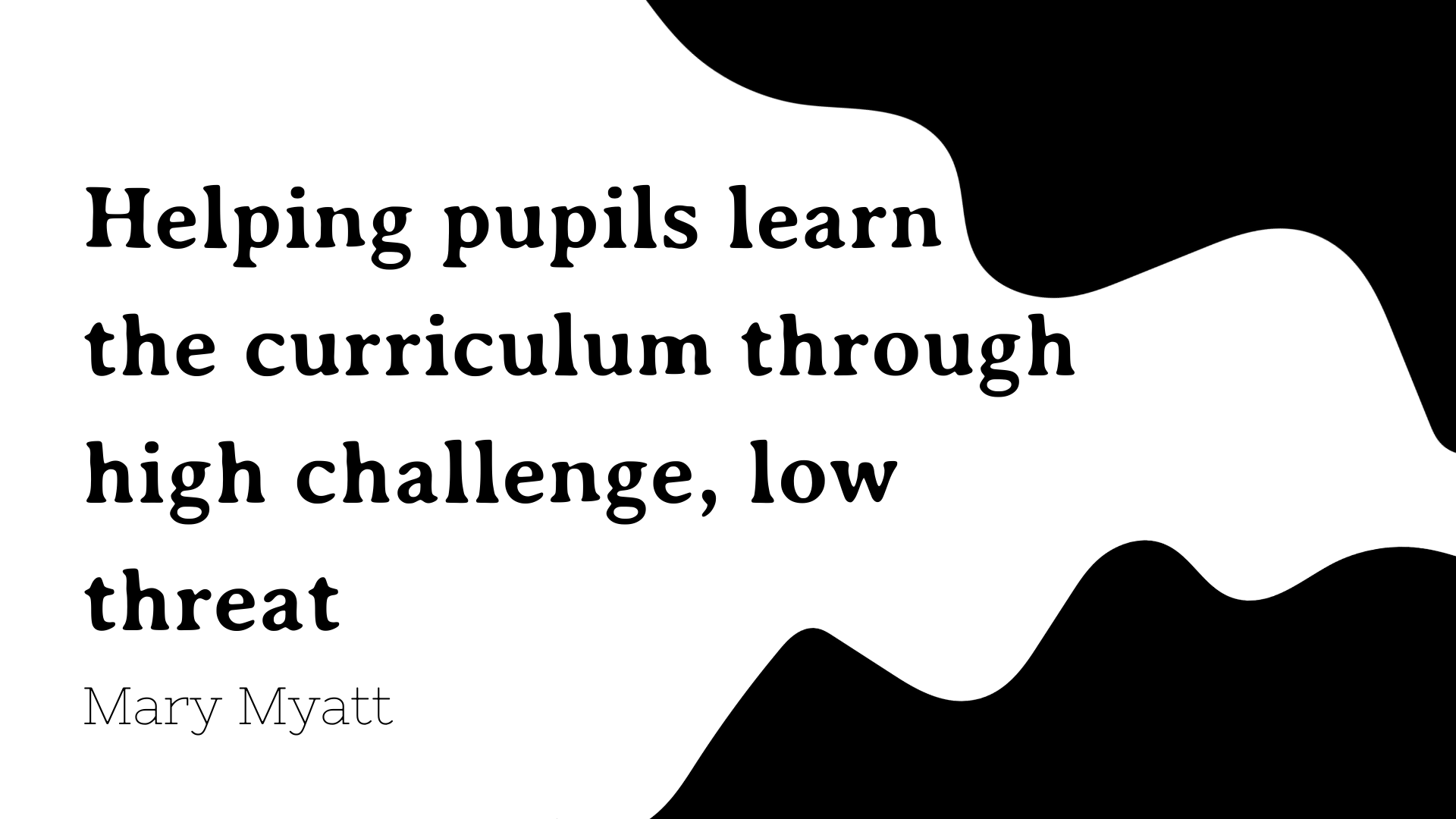Radical candour
When the work of any setting is underpinned by the principle of ‘humans first, professionals second’, something interesting happens: people are happy to be held to account. This is because they want to do their best work and because they know that any aspect of their practice can be critiqued because it is not an attack on them as a human being.
This distinction between the human being and the work is one of the most important things which characterise top leaders. Their warmth and humanity underpins everything that they do. But this never translates into soppiness or an unwillingness to take tough decisions. Or to have difficult conversations. And what they expect of other people, they expect of themselves as well. This is not a one way street but an open-ended agenda where only great work matters. And thoughtful leaders want to be held to account too.
Kim Scott has worked on the difference between feedback and guidance. ‘The single most important thing a boss can do, Scott has learned, is focus on guidance: giving it, receiving it, and encouraging it. Guidance, which is fundamentally just praise and criticism, is usually called “feedback,” but feedback is screechy and makes us want to put our hands over our ears. Guidance is something most of us long for.’
in high functioning settings people want to be held account for their work. But they don’t want to be made to feel like muppets. No-one wants to be made to feel like a muppet. However, top leaders understand that everyone wants to get better at what they do. It is one of the most rewarding things, to track our progress from novice to expert, from clumsy to proficient, from unsure to confident. But we don't do this on our own. We need people who are able to analyse what we are doing well so that we can do more of it and talk us through how things might be better. That’s when real efficiency comes into play because as we move from unconscious competence to conscious competence we internalise the best things about our practice so that they are second nature to us. But another interesting thing happens when we talk about the strengths and areas for development in our practice. They become concrete. They become solid and we are able to analyse just why something works well, not just have lunch that it does.
But there is a toughness underpinning this. This is not about soothing words when thing are not up to scratch. In high functioning settings, leaders create the conditions where it is not only acceptable but expected that critical guidance is there at regular intervals and also ad hoc. The healthiest settings are where people are confident to ask for this both formally and informally. ‘I tried this and it didn't work out the way I expected. What do you think?’
So how do leaders get to the point where colleagues and students are in this space of wanting constructive guidance to improve their work? Kim Scott argues that it has to be underpinned by a deep concern for the person first. ‘Humans first, professionals second’. She talks about her own mistakes, not least those she made when running her own company before she joined google. At Google she recounts how Sheryl Sandberg offered her some feedback after a presentation Kim had made to the board. She said to her ‘When you use ‘um’ every second or third word, it makes you sound stupid.’ ‘Would you like me to arrange a speaking coach to help you sort this?’ At first Kim was dismissive, she didn't think this was a problem. But Sandberg persisted. ‘No, you need to get this sorted, it makes you sound stupid.’ And that stopped Kim in her tracks. Note that she wasn't being told she was stupid, Sandberg said, it makes you sound stupid. Big Difference. This aspect of her work was not up to scratch, rather than she as a human being was stupid. Kim analysed what was going on here. Why was Sandberg insistent and why was Kim able to take the feedback in good grace? Because it had been underpinned by a deep personal concern for her as a human being. When she first arrived at the company, knowing no-one, Sandberg had invited her to her book group, she had encouraged her to take time out to care for a family member who was ill, she had shown in a many small ways that Kim mattered. As a human being. So when it came to giving her tough advice, the deep work had already been done. Without this, there would have been resentment, a total unwillingness to take on board the key message and a shutting down. So the two crucial aspects of this deep guidance were that Sandberg had built a bank balance of deep concern for Kim as a human being and had taken care to critique an aspect of her work rather than her as a human being. And the third thing was that this was done in private.
This links back to the attribute of human beings first, professionals second. The hard work of moving practice does not happen without the former. On the back of this, Kim developed her theory of radical candour. In her talk she is disarmingly honest about how she still suffers from the ‘um’ intrusion, but that it is better than before.
Sitting behind this is an effort made to support people to note the difference when they make improvements. Helping them to articulate what has changed for the better. Ron Berger in his example of invisible Austin and his famous butterfly, show how it is possible to do this with pupils and students of all ages. What Berger argues is that once any of us has experienced the deep satisfaction of high quality work, often over many drafts and changes, we will never be satisfied with less. The locus of high quality work shifts from being external, not that there is anything wrong with that - good grades, correct answers, pleasing the teacher, but to a deeper internal metric which consistently asks ‘Is this my best work, how can I improve it?’ And interestingly Berger uses the same process as that identified in radical candour. Making the feedback and guidance very specific, focusing on improvement of the work and without ever ever being mean about the person. Powerful stuff.






